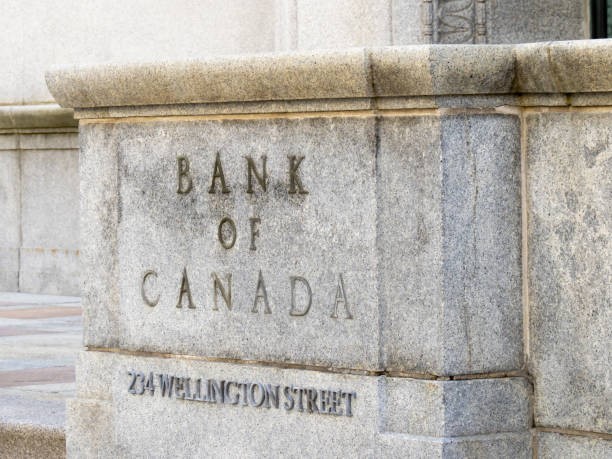With changes in qualifying rates, increased housing prices, changes in relationship, it’s not uncommon for a parent, or sibling, aunt or cousin or even strangers to consider working together to achieve there home ownership dreams. The ability to buy a spouse out or even obtain a better mortgage renewal to improve your finances are most Canadians desire and that brings up a very important question.
What will the lenders approve for you to do?
Will they insist that all borrowers are co signer/borrowers? Or ,will they allow a party to the mortgage to go on as a guarantor? Is either of those what the other desires for as they plan for the future?
Being a co-signer or guarantor on a mortgage in British Columbia, Canada, can have significant financial, tax and legal implications. It’s important to understand the pros and cons of each role before making a decision. Here’s an overview of the advantages and disadvantages of being a co-signer vs. a guarantor:
Co-Signer:
Pros:
Helps Qualify for the Mortgage: Being a co-signer can help someone who might not otherwise qualify for a mortgage due to insufficient income or credit history. Your strong financial position can strengthen their application.
Shared Responsibility: As a co-signer, you share the responsibility for the mortgage payments and any associated debt. This can provide a sense of security for the primary borrower.
Builds Credit: If the mortgage is paid on time and in full, it can positively impact your credit score, as the account is reported on your credit history.
Cons:
Financial Responsibility: Co-signing makes you equally responsible for repaying the mortgage. If the primary borrower defaults, you’re obligated to cover the payments. This can lead to financial strain or damage your credit if payments are missed.
Risk to Assets: If the primary borrower defaults and the property is foreclosed upon, your assets may be at risk if the sale proceeds don’t cover the outstanding mortgage balance.
Limited Control: You have limited control over the property. You don’t have full ownership rights, but you’re responsible for the debt. This impacts your ability to obtain credit for borrowing for yourself in future as this loas is included in your ratios. Not living in the property also will trigger property transfer tax and future capital gains taxes potentially.
Guarantor:
Pros:
Assists with Qualification: As a guarantor, you provide a guarantee that the primary borrower will fulfill their mortgage obligations. This can help them secure the mortgage.
Limited Liability: Your financial liability is limited to the guarantee amount specified in the contract. You’re not automatically responsible for mortgage payments.
Maintain Ownership: Unlike co-signers, guarantors typically do not have any ownership stake in the property, so your personal assets are less likely to be at risk.
Cons:
Risk of Paying: While you’re not automatically responsible for payments, if the primary borrower defaults, you may be called upon to cover the mortgage, which can affect your financial stability. This also will be calculated in your ratios limiting future borrowing power. If not living in the property, property purchase tax and capital gains may be applicable
Credit Risk: Being a guarantor can impact your credit if the primary borrower defaults and you’re called upon to cover the mortgage payments.
Limited Control: Similar to co-signers, guarantors don’t have control or ownership rights over the property.
Difficulty Removing Guarantee: It can be challenging to remove your guarantee from the mortgage, as this typically requires the primary borrower to meet certain financial criteria and refinance the loan.
Before becoming a co-signer or guarantor, it’s crucial to carefully review the mortgage agreement and consider consulting with a legal and tax advisor. Additionally, open and honest communication with the primary borrower about their financial responsibility is essential to avoid potential conflicts and financial hardships down the road. It is the borrowers responsibility to ensure they have consulted the appropriate parties prior to funding a mortgage.
Angela Calla is an 19-year award-winning woman of influence which sets her apart from the rest. Alongside her team, Angela passionately assists mortgage holders in acquiring the best possible mortgage. Through her presence on “The Mortgage Show” and through her best-selling book “The Mortgage Code“, Angela educates prospective home buyers by providing vital information on mortgages. In light of this, her success awarded her with the 2020Business Leader of the Year Award.
Angela is a frequent go-to source for media and publishers across the country. For media interviews, speaking inquiries, or personal mortgage assistance, please contact Angela at hello@countoncalla.ca or at 604-802-3983.
Click here to view the latest news on our blog.







